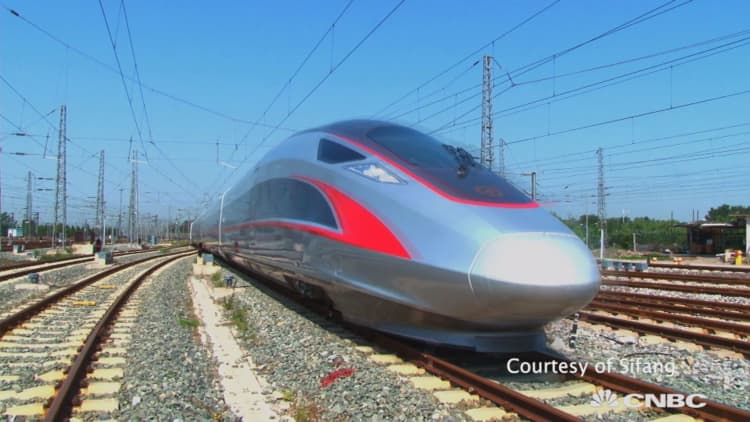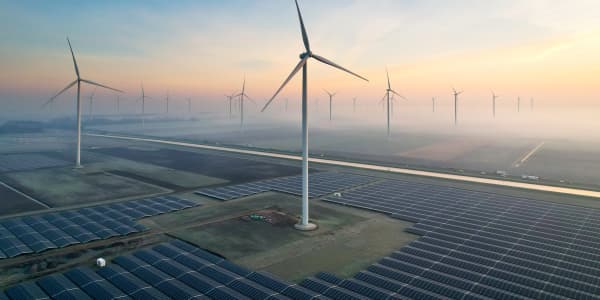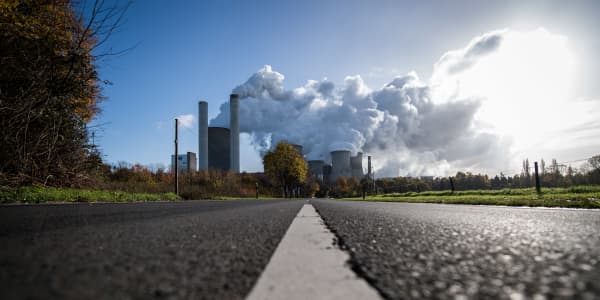
From ferrying people to and from their place of work to transporting nuclear waste and coal, railways are not only an integral part of 21st century life but have played a crucial role in shaping the modern world.
In Belgium, one business is looking to use innovation to drive further change in the sector. Based in Brussels, Railnova is a technology company whose clients include Deutsche Bahn and French rail operator SNCF.
According to its CEO and founder Christian Sprauer, Railnova offers train operators the ability to be alerted to issues before failures occur.
A device designed and manufactured by the business is fitted to a train. The box gathers a host of data, a subset of which is sent to the cloud where it can be analyzed.
"Before, they would have to wait until the failure happens and bring the train to the workshop," Sprauer said. "Now… they can be alerted up front and they can avoid certain failures and… react much faster to other failures."
Innovation is being used across the rail industry to improve services. Instead of buying paper tickets, rail users in London can now touch their debit or credit cards on to sensors to pay for their journey. In China and Japan, magnetic levitation — or Maglev — trains offer a tantalizing glimpse of the high-speed rail travel that could be just around the corner.
Examples of the solutions offered by the Railnova technology range from measuring engine speed and braking force, to measuring traction force. Energy consumption was another area of interest, with Sprauer stating it was a good predictor of whether there was a problem with a train or not.
The wealth of data being mined could, Sprauer said, offer a number of benefits. Reducing energy consumption was one such example. On diesel trains, he said, energy consumption could be cut by coaching drivers on best driving practices.
"We call this the 'golden run'… every driver tries to achieve the golden run and, as a whole, the company reduces… fuel expenses by 5 percent."




